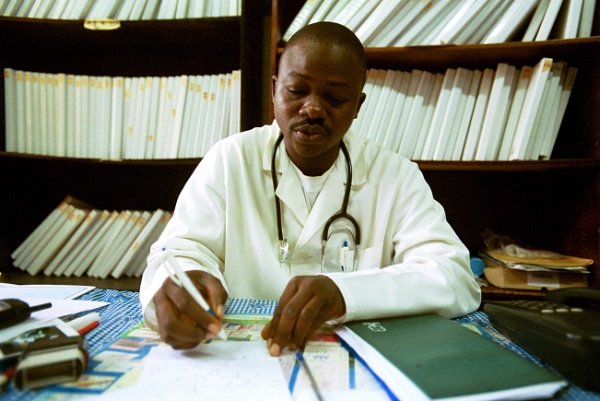Artemisinin combination therapy trials need longer follow-up to detect late treatment failures for Plasmodium falciparum malaria
WWARN researchers have been assessing the recommended minimum follow-up period in capturing polymerase chain reaction (PCR)-confirmed recrudescence following treatment with fixed-dose artemisinin combination therapies (ACTs) for patients with uncomplicated Plasmodium falciparum malaria.

The results highlight that, when feasible, consideration should be given for trials with a longer follow-up period of 42 days for ACTs with partner drugs that have elimination half-lives comparable to that of lumefantrine, and 63 days for ACTs with slowly-eliminated partner drugs such as piperaquine to capture late treatment failures.
The WHO revised its 2009 guidelines of a recommended 28 days follow-up for ACTs with lumefantrine and 42 days for ACTs with mefloquine that aimed to capture most of the treatment failures without significant logistical difficulties and provide a reasonable approximation on drug efficacy. However, recent studies have reported a substantial proportion of homologous parasitaemia emerging in the peripheral blood after these recommended follow-up periods, suggesting that they warrant scrutiny.
This study, Temporal distribution of Plasmodium falciparum recrudescence following artemisinin combination therapies: An individual participant data meta-analysis, used individual patient data from 83 antimalarial efficacy studies collated in the WWARN repository where at least 28 days follow-up were available and using PCR genotyping, 519 (14.0%) recurrences were confirmed as recrudescent infections. The WWARN team found that restricting follow-up to day 28 for artemether-lumefantrine (AL) and day 42 for dihydroartemisinin-piperaquine (DP) overestimated the derived treatment efficacy estimates; the impact was relatively modest with a median overestimation in efficacy by 2.0 to 3.0 percentage points.
Recrudescent failures are associated with increased morbidity and are essential for the selection and onward transmission of de novo resistant parasites.
See details of WWARN's Methodology Study Group and read the full results here.
NOTES TO EDITORS
The study explored the optimal follow-up duration to capture recrudescent parasites in therapeutic efficacy trials. Overall, 3703 recurrent infections were detected from 60 studies conducted in Africa (15,512 children aged <5 years) and 23 studies (5,272 patients of all ages) conducted in Asia and South America.
